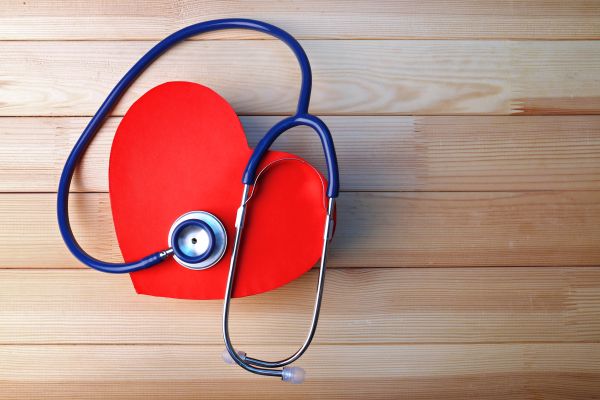Atrial FibrillationBronx, NY
Atrial fibrillation (also called AFib or AF) is a quivering or irregular heartbeat (arrhythmia) that can lead to blood clots, stroke, heart failure and other heart-related complications. At least 2.7 million Americans are living with AFib.
Symptoms of Atrial Fibrillation
Some people with atrial fibrillation have no symptoms and are unaware of their condition until it's discovered during a physical examination. Those who do have atrial fibrillation symptoms may experience signs and symptoms such as:
- Palpitations, which are sensations of a racing, uncomfortable, irregular heartbeat or a flip-flopping in your chest
- Weakness
- Reduced ability to exercise
- Fatigue
- Lightheadedness
- Dizziness
- Shortness of breath
- Chest pain
What happens during AFib?
Normally, your heart contracts and relaxes to a regular beat. In atrial fibrillation, the upper chambers of the heart (the atria) beat irregularly (quiver) instead of beating effectively to move blood into the ventricles.
If a clot breaks off, enters the bloodstream and lodges in an artery leading to the brain, a stroke results. About 15–20 percent of people who have strokes have this heart arrhythmia. This clot risk is why patients with this condition are put on *blood thinners.
Even though untreated atrial fibrillation doubles the risk of heart-related deaths and is associated with a 5-fold increased risk for stroke, many patients are unaware that AFib is a serious condition.
Diagnosis
To diagnose atrial fibrillation, your doctor may review your signs and symptoms, review your medical history, and conduct a physical examination. Your doctor may order several tests to diagnose your condition, including:
- Electrocardiogram (ECG). An ECG uses small sensors (electrodes) attached to your chest and arms to sense and record electrical signals as they travel through your heart. This test is a primary tool for diagnosing atrial fibrillation.
- Holter monitor. This portable ECG device is carried in your pocket or worn on a belt or shoulder strap. It records your heart’s activity for 24 hours or longer, which provides your doctor with a prolonged look at your heart rhythms.
- Event recorder. This portable ECG device is intended to monitor your heart activity over a few weeks to a few months. When you experience symptoms of a fast heart rate, you push a button, and an ECG strip of the preceding few minutes and following few minutes is recorded. This permits your doctor to determine your heart rhythm at the time of your symptoms.
- Echocardiogram. This test uses sound waves to create moving pictures of your heart. Usually, a wandlike device (transducer) is held on your chest. Sometimes, a flexible tube with the transducer is guided down your throat through to your esophagus. Your doctor may use an echocardiogram to diagnose structural heart disease or blood clots in the heart.
- Blood tests. These help your doctor rule out thyroid problems or other substances in your blood that may lead to atrial fibrillation.
- Stress test. Also called exercise testing, stress testing involves running tests on your heart while you’re exercising.
Treatment
The atrial fibrillation treatment that is most appropriate for you will depend on how long you've had atrial fibrillation, how bothersome your symptoms are and the underlying cause of your atrial fibrillation. Generally, the treatment goals for atrial fibrillation are to:
- Reset the rhythm or control the rate
- Prevent blood clots, which may decrease the risk of a stroke
The strategy you and your doctor choose depends on many factors, including whether you have other problems with your heart and if you're able to take medications that can control your heart rhythm. In some cases, you may need a more invasive treatment, such as medical procedures using catheters or surgery.
In some people, a specific event or an underlying condition, such as a thyroid disorder, may trigger atrial fibrillation. Treating the condition causing atrial fibrillation may help relieve your heart rhythm problems. If your symptoms are bothersome or if this is your first episode of atrial fibrillation, your doctor may attempt to reset the rhythm.
Treatment Options for Atrial Fibrillation
Resetting your heart's rhythm – BY Cardioversion – electrical or medical
Heart rate control
AV node ablation
Preventing blood clots
Left atrial appendage closure


![Harmful Lifestyle Habits For Your Heart [Ask A Cardiologist]](../../wp-content/uploads/Cardiologist-220.jpg)



